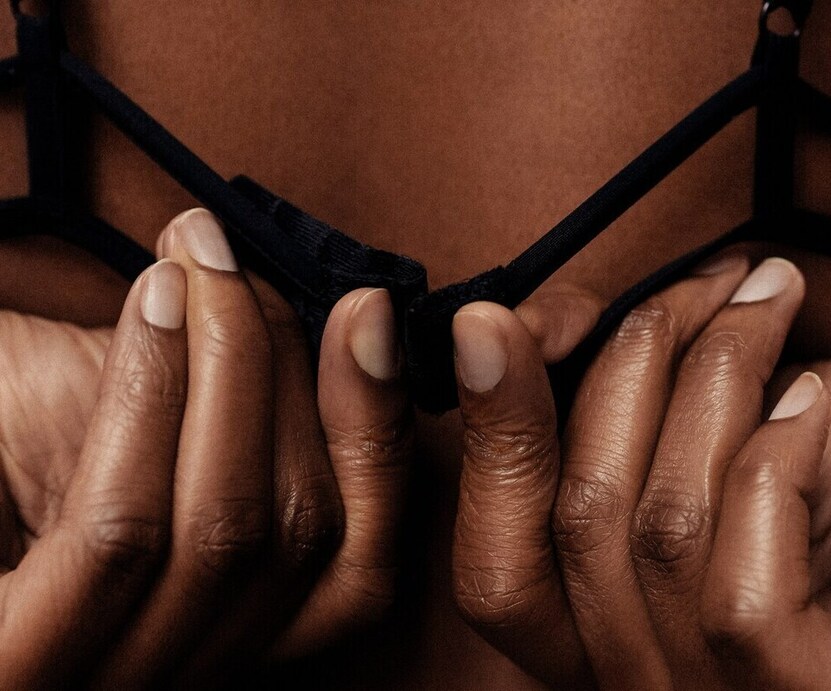
The air in Moscow carries a whisper of lace and rebellion these days. Victoria's Secret, the American siren of satin and push-up bras, appears to be tiptoeing back into Russia's retail landscape—two years after its dramatic exit. Like a spurned lover repainting their ex's apartment, the brand has filed not one but two trademark applications with Russia's patent office in late March, signaling its intent to reclaim territory.
The documents reveal ambitions stretching beyond their signature whisper-thin panties—encompassing sportswear, cosmetics, and other forbidden fruits of consumerism. What's particularly intriguing? This marks the first trademark registration attempt since 2016, suggesting corporate lawyers are racing against the clock before older trademarks dissolve into bureaucratic oblivion.
The move comes as other Western brands remain skittish—like deer frozen in sanctions' headlights. Yet Victoria's Secret seems to be betting that desire, much like their signature body spray, lingers longer than political storms.
Russian social media already buzzes with the electric anticipation of teenagers before prom night. "They left when it got tough," muses one fashion blogger, "but Russian women never stopped wanting to feel like angels—even if only in their bedrooms." The potential return speaks to capitalism's stubborn truth: markets abhor a vacuum, and where there's demand, someone will eventually supply.
As spring thaws Moscow's sidewalks, corporate lawyers pore over patent filings with the intensity of seamstresses inspecting French lace. The question isn't just about trademarks—it's about whether a brand can slip back into a country like an old silk robe: familiar, controversial, and impossible to resist.